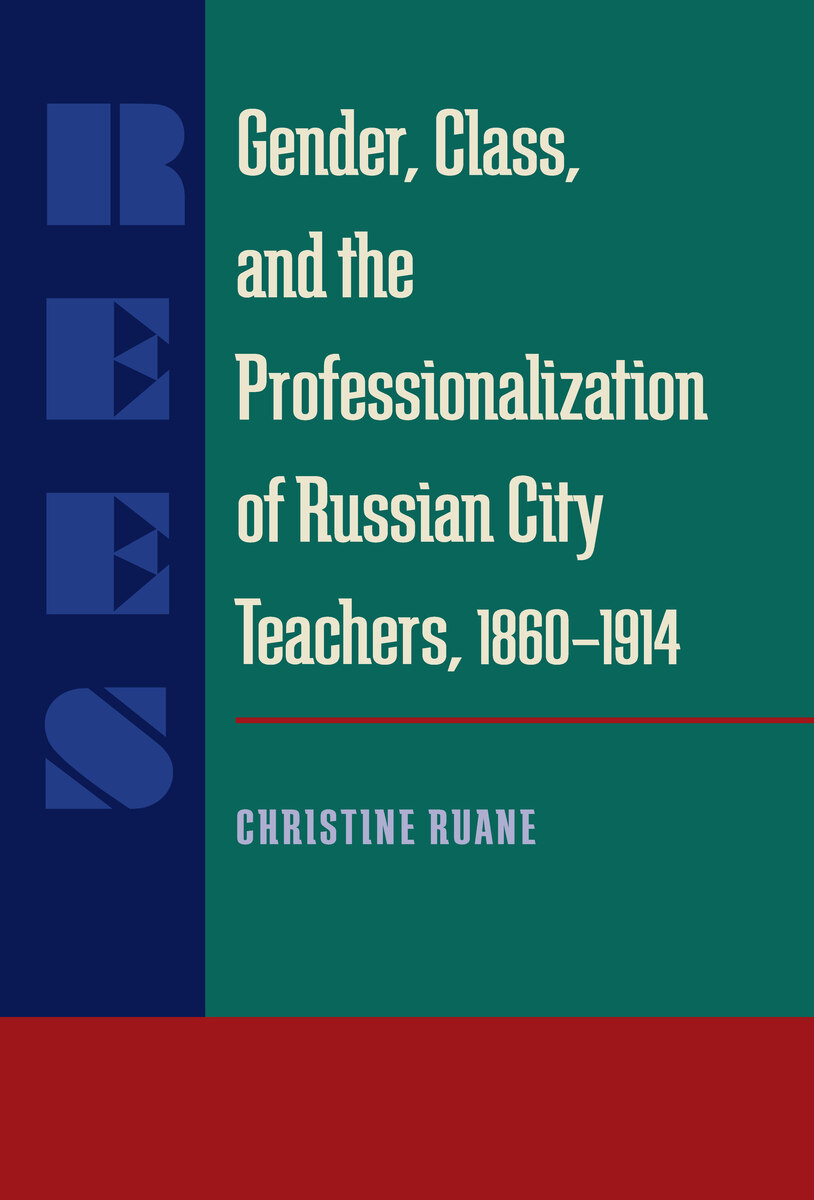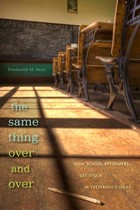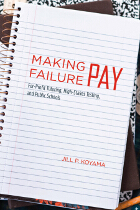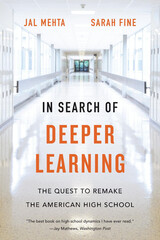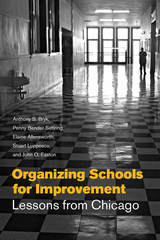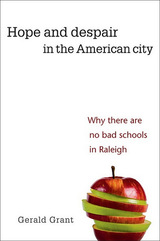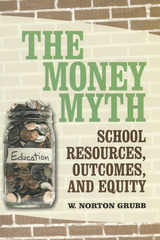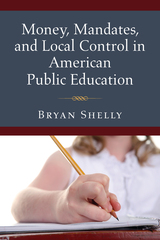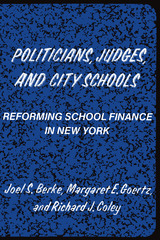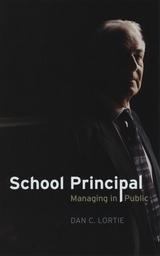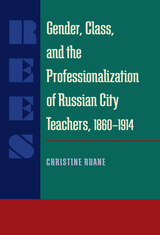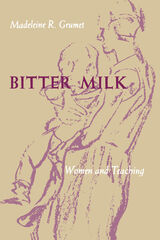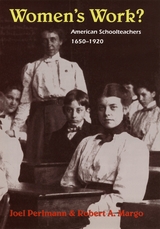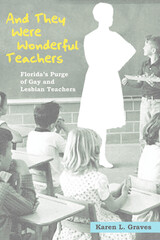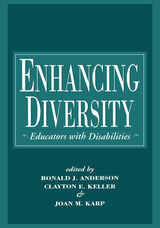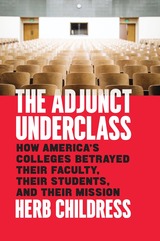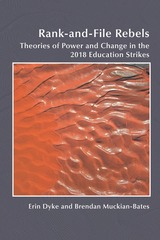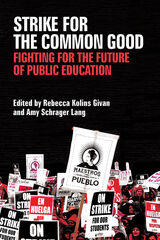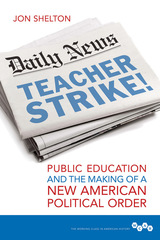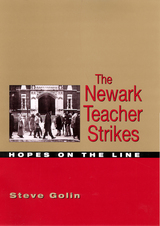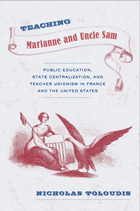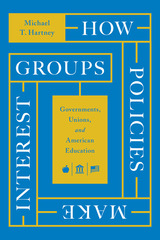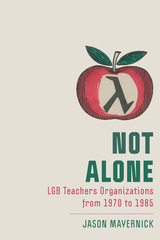Gender, Class, and the Professionalization of Russian City Teachers, 1860–1914
University of Pittsburgh Press, 1994
Paper: 978-0-8229-8576-1 | eISBN: 978-0-8229-7717-9 | Cloth: 978-0-8229-3864-4
Library of Congress Classification LB2832.4.R8R8 1994
Dewey Decimal Classification 371.100947
Paper: 978-0-8229-8576-1 | eISBN: 978-0-8229-7717-9 | Cloth: 978-0-8229-3864-4
Library of Congress Classification LB2832.4.R8R8 1994
Dewey Decimal Classification 371.100947
ABOUT THIS BOOK | AUTHOR BIOGRAPHY | REVIEWS | TOC | REQUEST ACCESSIBLE FILE
ABOUT THIS BOOK
Christine Ruane examines the issues of gender and class in the teaching profession of late imperial Russia, at a time when the vocation was becoming increasingly feminized in a zealously patriarchal society. Teaching was the first profession open to women in the 1870s, and by the end of the century almost half of all Russian teachers were female. Yet the notion that mothers had a natural affinity for teaching was paradoxically matched by formal and informal bans against married women in the classroom. Ruane reveals not only the patriarchal rationale but also how women teachers viewed their public roles and worked to reverse the marriage ban.
Ruane's research and insightful analysis broadens our knowledge of an emerging professional class, especially newly educated and emancipated women, during Russia's transition to a more modern society.
Ruane's research and insightful analysis broadens our knowledge of an emerging professional class, especially newly educated and emancipated women, during Russia's transition to a more modern society.
See other books on: 1801-1917 | Class | Education and state | Teachers | Women teachers
See other titles from University of Pittsburgh Press
